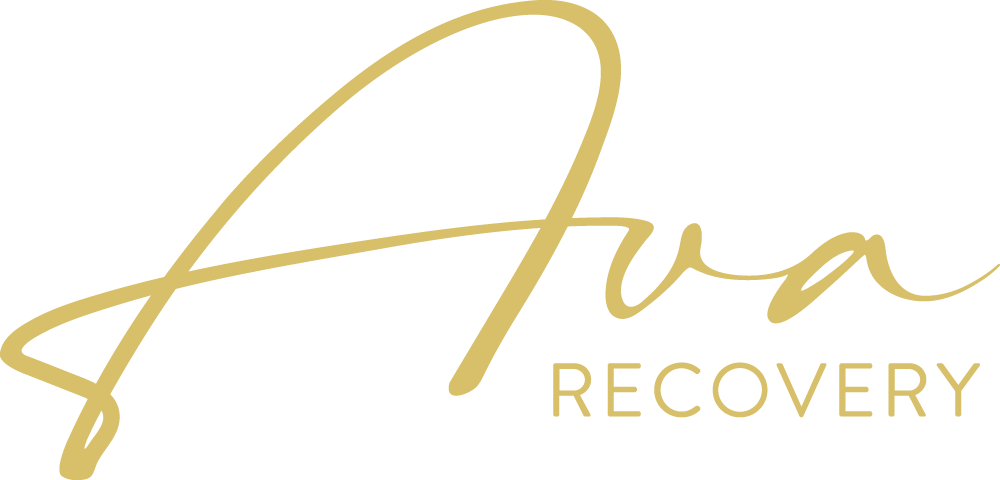Setting goals in recovery is an important way to maintain your motivation, particularly when things get difficult. There are a wide number of challenges you might face in your recovery, but with specific goals that are time-sensitive and relevant to your recovery process, you’ll put yourself in a position to make incremental progress and not be dissuaded by upheavals or unexpected challenges. But how do you go about setting recovery goals?
Tips for Setting Goals in Addiction Recovery
Setting goals for recovery should use the SMART method. This refers to setting goals that are:
- Specific
- Measurable
- Achievable
- Relevant
- Time-based
Let’s look at an example of recovery goals that use this method.
John wants to complete his outpatient drug rehab.
Is this a SMART goal?
Let’s check:
- Is it specific? Yes, he wants to complete a specific program.
- Is it measurable? Almost.
- Is it attainable? Yes, it is right now because there’s availability at a nearby treatment center that he can afford.
- Is it relevant? The purpose of a goal is to shift your focus, so if John is struggling with addiction, and his goal is to shift away from addiction, completing an outpatient rehab program would be a relevant goal.
- Is it time-based? Time-based means the goal has to be completed by specific dates, and in this case, John talked to a treatment center about completing a program that is six weeks long.
John’s goal is almost a SMART goal. The only issue is that it’s not measurable right now.
What does “completing” a drug rehab mean in this context?
- Is John only focused on graduating from the program?
- Is John focusing on graduating from the program after attending all of his therapy sessions?
- Is John focusing on attending his therapy sessions, graduating from the program, and actually learning the skills that he needs to stay sober?
So for this to be a SMART goal, John would have to refine how he defines his goal so that it might look like the following:
John wants to complete his outpatient rehab program by attending all of his therapy sessions, contributing to group discussions, and keeping notes on the coping skills that he learns. He wants to apply the skills he learns in real-time between his therapy sessions.
The goals you set in addiction recovery should use this type of SMART setup. In fact, you can get a notebook specifically for goals and write out the “SMART” letters in a column on the left side of the page. Then, in another column, you can write down your goals and make sure they adhere to the relevant attribute for each letter.
Examples of Goals for Recovery
Setting goals for recovery should be very specific to your situation. Here are some examples of goals that follow that SMART method:
- “I want to attend cognitive behavioral therapy for 12 weeks so that I can learn how to catch unhelpful thoughts and reframe them to be positive thoughts.”
- “I want to support my sobriety after rehab for the next two months by going to weekly support group meetings on Thursdays or Fridays with my sponsor.”
- “I want to call my spouse and three children every week while I am in my inpatient program to discuss what I’ve learned, and when I’m ready, I want them to participate in weekly family therapy sessions with me for six weeks.”
Setting Recovery Goals: What Comes Next
Once you have mastered how to set SMART goals, there are still a few things you can focus on.
Write Goals Down
It’s important to write down your goals not only to make sure they align with SMART principles but also to keep track of your progress. When you achieve your goals, you can look back at what you’ve written and annotate how you’ve accomplished your objectives. This will help you look back at the challenges you’ve overcome and celebrate your achievements.
If you make it a habit to write down the positive steps you’ve made in setting recovery goals and meeting them, you’ll begin to reflect and recognize your successes automatically, which can go a long way toward increasing your motivation to stay sober.
Reflect and Reward Yourself
After setting and meeting recovery goals, it’s important to take time to reflect and recognize your achievements.
Setting goals in addiction recovery is something that you will do time and time again. As you achieve goals, you’ll replace them with new ones. But in between that time, don’t forget to recognize the positive steps you have made and the goals for recovery you have achieved.
Celebrate every achieved goal with activities such as:
- Watching your favorite TV show
- Doing an activity with a loved one
- Eating your favorite meal for dinner
Take time to reflect on your achievement and reward yourself so that you have the motivation to continue setting goals in recovery in the future.
Setting Goals with Ava Recovery
Setting recovery goals is highly personal, and you might benefit from working with healthcare professionals and mental health professionals as part of your treatment program to set goals continually during the course of your recovery. Ava Recovery is a drug rehab in Austin, Texas offering a wide range of addiction treatment programs. We offer both inpatient and outpatient drug rehab in Texas and offer mental health treatment in our Texas dual diagnosis treatment programs. Contact us today to learn how we can help you incorporate setting goals in your recovery journey.







